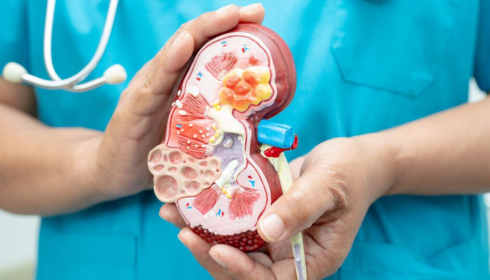
How to Deal with Tooth Ache in North York
More than simply a minor discomfort, tooth pain may be an indication of underlying dental problems that need to be addressed right away. Maintaining good oral health requires knowing when to visit the dentist and how to handle tooth discomfort at home. In North York dentistry, where dental care is easily accessible, identifying the warning signals that call for expert assistance can help avert more issues.
Tooth Pain
There are also many causes of tooth pain, and how each can indicate high or low severity. General reasons for tooth pain there are many common causes of aches in single or greater teeth.
1. Cavities:
Tooth pain is most commonly caused by tooth decay. Cavities form in teeth when bacteria living in the mouth release acids that wear away enamel, the tough outer layer of a tooth.
2. Gum Disease:
Gum disease (periodontal disease) can also cause pain by destroying the teeth-supporting tissues and bones. The disease continues to spread, more inflammation occurs, and eventually that infection leads to missing teeth.
3. Tooth Sensitivity:
Sensitivity to hot or cold foods and drinks may cause mild discomfort/ pain. This sensitivity can be caused by erosion of enamel, dentin exposure, and/or recession of gums.
4. Tooth Fracture or Damage:
Cracked or chipped teeth can become very sensitive and incredibly painful, especially when in contact with dark foods (i.e. chewing) as well as temperature changes. And yes, even minor fractures can become increasingly painful plus stiffness settles in early.
5. Abscessed Tooth:
A dental abscess is a collection of pus resulting from an infection with bacteria. This can lead to swelling and in some cases, a fever. This is an emergency dental condition.
6. Teeth Grinding (Bruxism):
Teeth grinding/bruxism, while you sleep, may also be causing you tooth pain, jaw pain, and even headaches. In the long term, bruxism can wear down teeth and lead to dental problems.
7. Wisdom Teeth Eruption vs. Impaction
Wisdom teeth OR pain that can arise when wisdom teeth erupt or become impacted (trapped in the gum). This can result in pressure on neighboring teeth, which may cause soreness or infection.
Handling Tooth Pain at Home
There are instances where dental toothache help is needed fast, however, usually, you can take home solutions and do for yourself the following methods to get a little bit of relief until you’re able to see your dentist.
1. Rinse with Warm Salt Water:
The saltwater can help reduce inflammation and clean out the area. Dissolve half a teaspoon of salt in warm water and rinse your mouth with it.
2. OTC Pain relievers
Non-prescription pain relievers, such as ibuprofen or acetaminophen may be used to temporarily relieve toothache. Make sure to adhere to the recommended dosage on the label.
3. Apply a Cold Compress:
A cold compress may reduce any swelling. Place the pack on your cheek outside for 15 – 20 minutes.
Tooth pain might indicate a major dental issue or just be a little irritation. Although home treatments may provide short-term respite, chronic or severe pain should never be disregarded. Making regular dental appointments in North York helps keep minor concerns from growing into larger ones and guarantees that your oral health stays in optimal shape. The best method to safeguard your smile and general health is to seek expert dental care as soon as you experience tooth discomfort.



